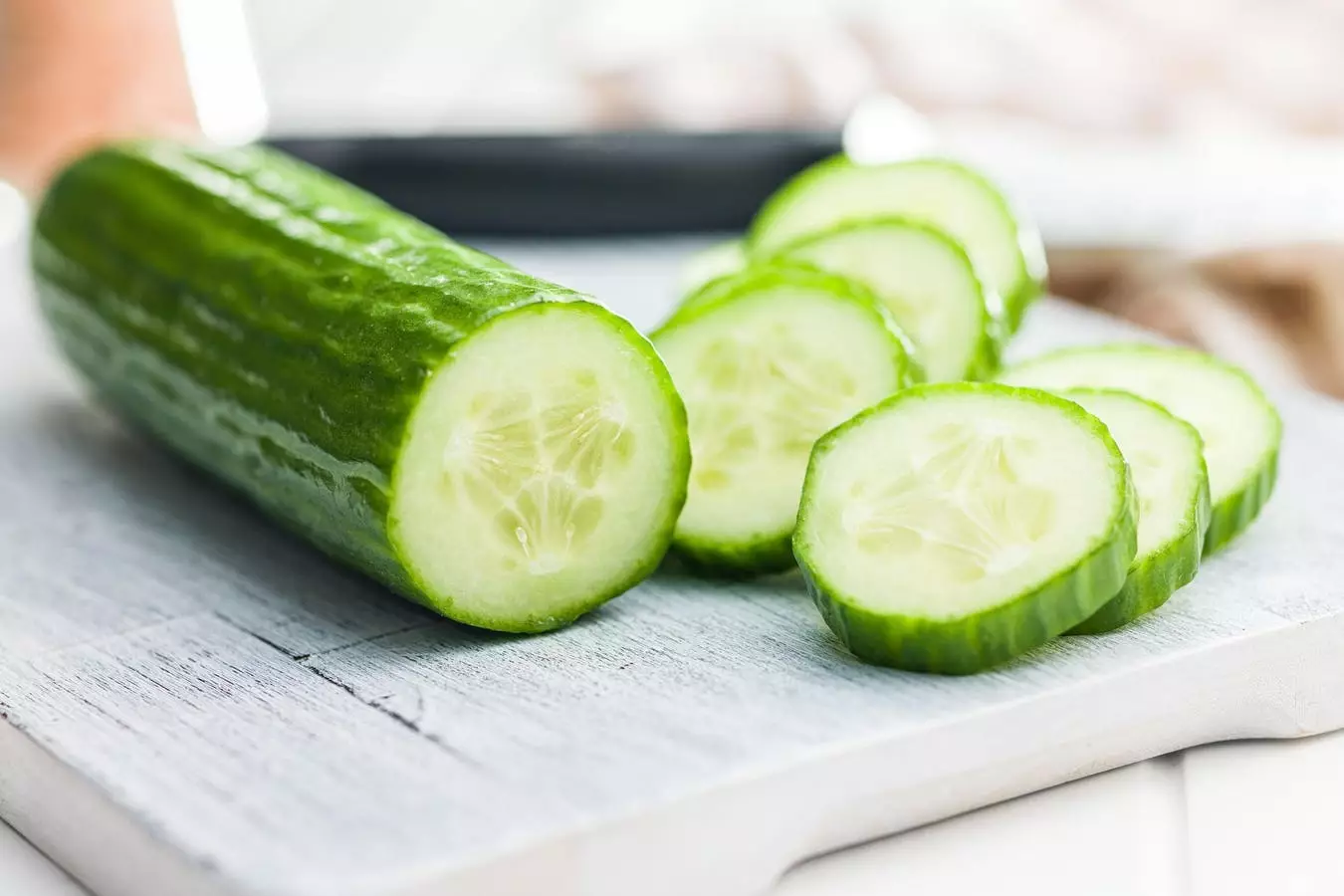The recent outbreak of Salmonella involving the consumption of cucumbers has caused a significant number of illnesses across various states in the United States. As per the Centers for Disease Control and Prevention, at least 449 individuals have fallen ill due to Salmonella Africana and Salmonella Braenderup. This outbreak has led to 125 hospitalizations, indicating the severity of the situation.
Initially believed to be two distinct outbreaks, further investigations revealed that Salmonella Africana and Salmonella Braenderup were closely associated. Growers in Florida, specifically Bedner Growers, Inc. and Thomas Produce Company, were identified by the CDC and the U.S. Food and Drug Administration as potential sources of the outbreak. However, it is crucial to note that other sources may also be responsible for the illnesses.
Thomas Produce Company was singled out after the FDA identified Salmonella Braenderup in samples of their canal water, which matched the strain causing illnesses through genome sequencing analysis. Additionally, various strains of Salmonella were found in soil and water samples at Bedner Growers. The presence of Salmonella in the growing and handling areas of cucumbers is a serious concern and highlights the need for rigorous food safety measures.
While the last recorded illness from this outbreak dates back to June 4, 2024, it is essential to remain cautious when dealing with cucumbers. Thoroughly washing and potentially cooking cucumbers at 165°F can help eliminate Salmonella. Refrigeration of cucumbers when not in use is also recommended to prevent contamination. It is crucial to understand the symptoms of Salmonella, which include diarrhea, fever, and stomach cramps, especially for vulnerable populations such as children and older adults.
Salmonella infections can result in serious illness that may require hospitalization, particularly for individuals with weakened immune systems. It is imperative to be aware of the origin and handling practices of cucumbers before consumption to avoid health risks. The potential consequences of contracting Salmonella, such as bloody diarrhea, emphasize the importance of food safety and hygiene practices.
The recent outbreak of Salmonella linked to cucumbers serves as a reminder of the importance of food safety measures. By adopting precautionary steps such as thorough washing, cooking, and refrigeration of cucumbers, individuals can minimize the risk of Salmonella contamination. Awareness of symptoms and susceptibility to severe illness is vital, especially for vulnerable populations. Prioritizing food safety in handling and consumption of cucumbers can help prevent the spread of infectious diseases and safeguard public health.

